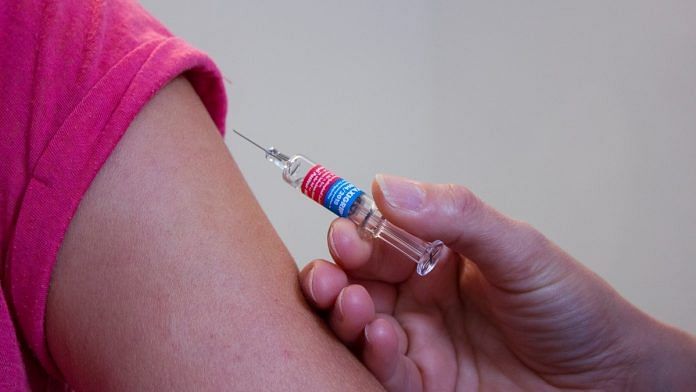AI getting better than humans at detecting breast cancer
Google Health programmers have published a new study that shows artificial intelligence and machine learning can diagnose breast cancer with greater accuracy than human radiologists.
To train their systems, Google programmers used a database of mammogram images called OPTIMAM. The study was able to show a reduction in false positives and false negatives, and identify early incidences of breast cancer. More on Popular Mechanics.
New tuberculosis injection method makes it far more powerful
Researchers have identified a new way of administering the tuberculosis vaccine, commonly known as BCG (Bacille Calmette-Guerin), by injecting it into a vein rather than under the skin. This new method, scientists have discovered, makes the vaccine far more effective.
Tuberculosis kills more people across the world than any other infectious disease. Prime Minister Narendra Modi had recently announced that his government aims to eradicate tuberculosis from India by 2025. More about the new method on The New York Times.
Australia’s deadly bushfires on satellite
Wildfares have ripped through Australia, and in satellite images released recently, the nation-continent can be seen engulfed in thick blankets of smoke.
The bushfires have been worse this year than ever before, exacerbated by human-induced global warming that resulted in excessively dry conditions. Details on space.com.
Venus may have active volcanoes
New research has shown that Venus may be volcanically active, and lava flow on the planet could only be a few hundred years old.
A team of scientists have discovered that olivine — a group of rock-forming minerals — reacts rapidly with the atmosphere on Venus, and within weeks, becomes coated with iron oxide minerals.
Using data from the now-defunct Venus Express spacecraft, the team was able to bolster the argument that Venus is volcanically active. The only other volcanically active body in the solar system, other from Earth, is Jupiter’s moon called Io. More on space.com.
Also read: How killer whale grannies help children survive longer



